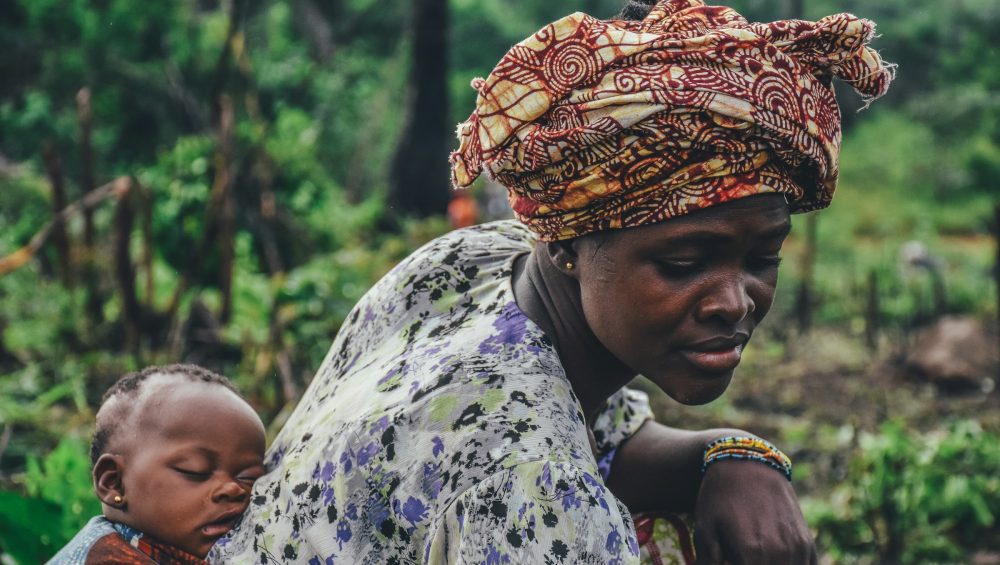Mothers hold a unique and powerful position within families and communities. They are often the first to educate, nurture, and protect their children. In the fight against sexual and gender-based violence (SGBV), mothers have a critical role to play. By educating their children, fostering safe environments, and advocating for change, mothers can make significant contributions to preventing SGBV and supporting survivors.
The Role of Mothers in Preventing SGBV
Mothers have the ability to influence their children’s attitudes and behaviors from an early age. They can:
- Educate About Respect and Equality: Teaching children about respect, consent, and gender equality helps to instill values that prevent SGBV.
- Model Healthy Relationships: Demonstrating respectful and equitable relationships provides a powerful example for children to follow.
- Create Safe Spaces: Ensuring that the home is a safe space where children can express themselves without fear of violence or discrimination.
- Advocate for Change: Using their voices to advocate for policies and initiatives that protect children and promote gender equality.
How Mothers Can Contribute to Combating SGBV
Here are some actionable steps mothers can take to combat SGBV:
- Educate Your Children:
- Teach Consent: Educate your children about the importance of consent in all interactions. Explain that everyone has the right to set boundaries and that these boundaries must be respected.
- Promote Gender Equality: Encourage your children to treat everyone equally, regardless of gender. Challenge stereotypes and promote the idea that both boys and girls can pursue any interest or career.
- Discuss Healthy Relationships: Talk to your children about what makes a healthy relationship, including mutual respect, communication, and equality.
- Model Positive Behavior:
- Demonstrate Respect: Show respect in your interactions with others, including your partner, family members, and friends. Your behavior sets an example for your children.
- Show Empathy: Teach your children the importance of empathy by showing understanding and compassion in your daily interactions.
- Create a Safe Home Environment:
- Encourage Open Communication: Foster an environment where your children feel comfortable discussing their feelings and experiences. Let them know they can come to you with any concerns.
- Set Boundaries: Teach your children about personal boundaries and respect theirs. Explain that they have the right to say no to any unwanted touch or behavior.
- Support and Advocate:
- Support Survivors: Offer support to friends, family members, or community members who are survivors of SGBV. Listen to their experiences and help them access resources.
- Get Involved: Participate in community initiatives, workshops, and support groups focused on preventing SGBV and supporting survivors.
- Advocate for Policy Change: Use your voice to advocate for laws and policies that protect children and promote gender equality. Engage with local leaders and organizations to drive change.
- Empower Other Mothers:
- Share Information: Educate other mothers in your community about SGBV and how they can help prevent it. Share resources and support each other in this effort.
- Build Networks: Create or join networks of mothers who are committed to combating SGBV. These networks can provide support, share strategies, and amplify your impact.
Success Stories: Mothers Making a Difference
Mothers across Akwa Ibom State have already made significant contributions in the fight against SGBV:
- Community Education: Groups of mothers have organized community workshops to educate parents and children about SGBV, consent, and healthy relationships.
- Support Networks: Mothers have formed support networks to assist survivors of SGBV, providing emotional support, practical help, and access to resources.
- Advocacy: Mothers have successfully advocated for changes in local schools and communities, leading to the implementation of policies that promote safety and gender equality.
Building a Better Future
The efforts of mothers in combating SGBV can lead to profound changes in society. By educating their children, modeling positive behavior, and advocating for change, mothers can help create a safer and more equitable future for all. In Akwa Ibom State, let us recognize and support the vital role mothers play in this fight and work together to build a community free from violence and discrimination.
Conclusion
Mothers are key allies in the fight against sexual and gender-based violence. Through education, modeling respectful behavior, creating safe environments, and advocating for change, mothers can make a significant impact. In Akwa Ibom State, we must empower and support mothers in their efforts to protect their children and promote gender equality. Together, we can create a brighter and safer future for all.






